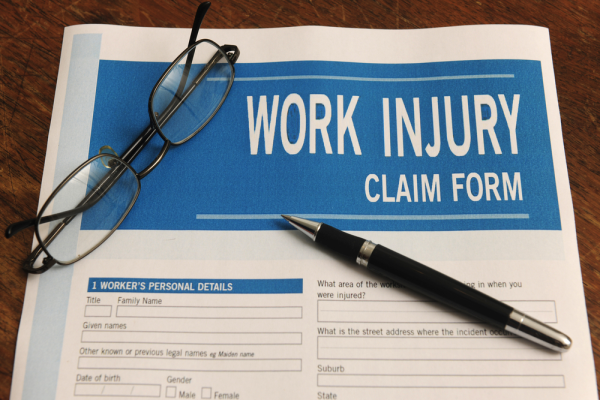Workers compensation insurance is one of the necessary evils that all businesses must face. It may not be the most palatable of subjects, but if a person is in fact injured on the job, its nice to have an insurance policy in place so that the cash won’t have to come out of the business.
As with all things related to insurance, there are plenty of issues that can cause your premiums to increase. One unique factor of workers compensation is that insurance companies can audit your firm to make sure you remain compliant. Here are a few common pitfalls that are rarely mentioned, but need to be respected in order to keep your premium costs stable.
1) Beware of Subcontractors!
A subcontractor is a business that you hire to complete work that you were hired to do. This could be a company, or just a sole proprietor (individual), but it is common practice to hire the necessary skilled people to fill in for a particular job. The risk of doing so lies in the workers compensation premiums that you have to pay.
Here’s how the situation could play out; you hire a subcontractor to do the plumbing on a construction job you are the GC for. He comes, works the job for a couple of weeks getting piping and fittings in, and when he finishes, you cut him a check and send him on his way. What would happen if a couple of months later, your insurance company comes and audits your books?
What they would see is that you hired a separate company to do work for you, and immediately demand to see their insurance certificate. These certificates prove that a particular subcontractor has properly insured himself and any employees he might bring on the job site.
Without this certificate, you are liable to provide workers compensation to these subcontractors, and depending on your insurance plan, you might be liable for hundreds of dollars of extra insurance costs.
2) Working Condition Audits:
Another audit that the insurance company can levy against you is to examine the working conditions at your job site. When you first apply for insurance, to determine your rate an adjuster usually comes to the job site to check in on everything and set a rate that accurately reflects the amount of risk that the company will be taking on.
If you operate a brick-and-mortar store, or an office space that doesn’t change often, your rate will more or less be set for the lifetime of your lease. However, if you work in a profession where working conditions change, such as construction, there is a chance that an auditor will make a random stop at the job site to reassess working conditions.
For most people, this is hardly a problem, as OSHA regulations are pretty strict for those industries, and usually the job site is dictated by these regulations. However, for those that put up a good show for inspectors and ignore regulation the rest of the time, these random checks could be the difference between hundreds of dollars out of your pocket.
In extremely rare cases of serious neglect, the inspector will go “undercover” and interview the workers there about the working conditions, trying to understand when the violations started happening. If enough evidence is compiled, it is possible that you’ll be paying retroactively for all infractions.
Just Play it Safe:
The point here is that regardless of how you feel about workers compensation, it is necessary. In an ideal world, and in ideal situations, it is a very worthwhile program, as people whom are injured on the job shouldn’t be cut off immediately.
Just take precautions and understand that insurance is a business just like any other, and if they can find a reason to charge you more for the same service, they will!
Pete Wise is a content marketer working with Customer Paradigm. This article is to let the people of Colorado know that there is help for those injured at work; and to find an expert workers compensation attorney If you liked the article, check out Pete’s Site for Denver SEO: PeteWiseSEO.com

